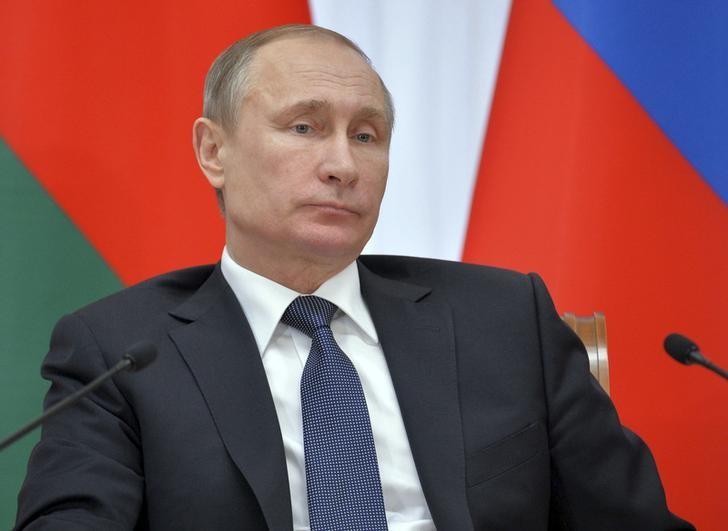Moscow- A wide wave of contempt hit Russian state institutions after the European Union parliament passed a resolution on counteracting Russia’s state-sponsored propaganda.
During its Nov.23 session, 394 European parliamentarians supported the bill, while 179 objected and 208 abstained. The EU intends to shield itself from Russian propaganda by supporting free media and enlightening, not practicing the counterpropaganda, the officials say.
The resolution references Russia’s backing and funding of political opposition in the EU, most of which being directed to far-right parties. Russia has been exploiting bilateral relations to materialize a schism among EU communities.
In an effort to assign blame for the growing Eurosceptic parties across the union, the European Parliament passed a resolution blaming “hostile” Russian media outlets like RT and Sputnik for a “disinformation” campaign that makes the EU look like it’s failing.
Although the bill was issued to counter all hostile propaganda limiting each of ISIS, al-Qaeda and Russia, the greatest dissent was registered on behalf the Russian party which considered the resolution an attempt on inhibiting Russian media in general.
Russian President Vladimir Putin said that after lecturing Russia on democracy, Europe is trying to silence dissenting opinions. Putin talked to reporters in Moscow after the European Parliament called on the EU and its states to do more to counter Russian “disinformation and propaganda warfare.”
The bill backed a committee report that said Russia was intentionally trying to provoke doubt in both the European Union and North America, expressing “strong criticism” of Russia and urging the European Union to do something non-specific about it.
“It tells us that we are observing a certain, quite obvious, degradation – in a political sense of the word – of how democracy is understood in Western society, in this particular case in the European Parliament,” Putin said.
He also said he hoped that there won’t be any real restrictions.
